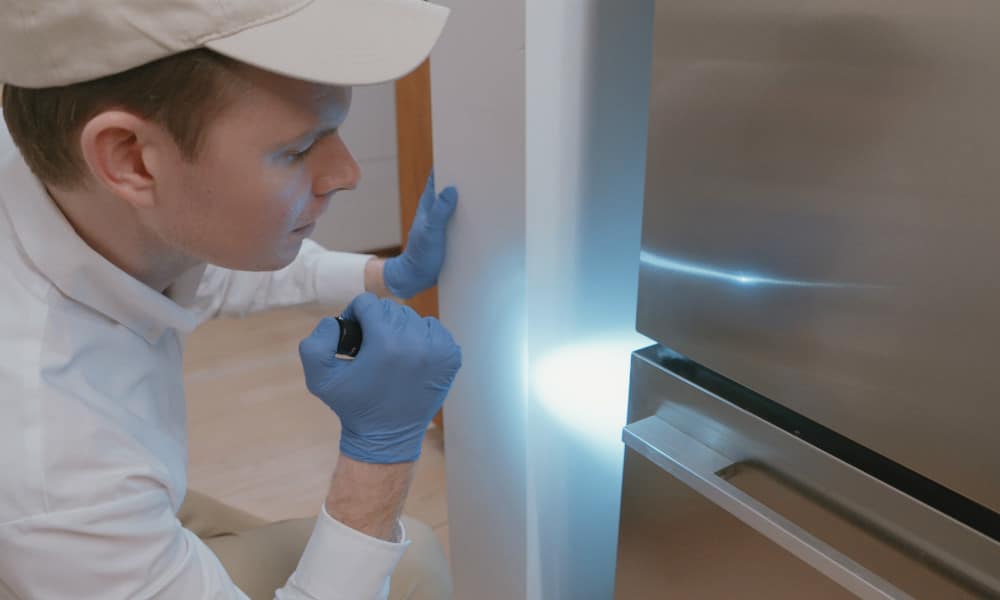When it comes to ensuring a pest-free home, many homeowners may wonder, 'how often should pest control spray' be applied? It's a crucial question, as the frequency of pest control treatments can vary widely based on several factors including the type of pests present, the season, and the environment of your home. In this article, we'll delve into the recommended frequency for pest control spraying, and unveil some remarkable tips and tricks guaranteed to help you maintain a pest-free living space.
Pest control is not merely a reactive measure taken when pests invade your space; it's a preventive strategy essential for maintaining health, safety, and comfort at home. Whether you have had previous pest issues or just want peace of mind, understanding the right frequency of pest control treatments is vital. Let's break this down further.

Understanding Pest Control Treatments
Pest control spraying typically involves the application of various chemicals and treatments designed to eliminate or deter pests. There are two main types of pest control: preventive and reactive. Preventive measures are taken routinely to ensure pests do not establish a presence in the first place. In contrast, reactive measures are taken when an infestation occurs.
Types of Pest Control Sprays
There are numerous types of pest control sprays available on the market. Understanding these can help you decide how often treatments may be necessary. Here are a few common types:
- Insecticides: Used primarily for insects such as ants, mosquitoes, or cockroaches.
- Herbicides: Target unwanted plants and weeds.
- Rodenticides: Specifically designed to combat rodents like rats and mice.
- Fungicides: Useful in addressing mold or fungal issues.

Factors Influencing Frequency of Pest Control Spraying
When determining how often you should apply pest control sprays, consider the following factors:
Pest Type
Different pests require different approaches to control them. For instance, roaches might require more frequent treatments than ants. Understanding the pest type can aid in setting a regimen.
Environmental Conditions
Your home's location plays a significant role in pest activity. Areas with high humidity, standing water, or dense vegetation might see increased pest activity and would likely need more frequent treatments.
Seasonal Trends
Many pests are seasonal, meaning that their presence can fluctuate depending on the time of year. For instance, ants tend to be more active in warmer months. Therefore, a treatment window in spring and summer might be necessary, while less frequent spraying may suffice during colder months.

General Recommendations for Pest Control Frequency
Most pest control experts advocate a regular treatment plan for optimal pest management. Here is a basic frequency guide:
- Quarterly Treatments: Generally recommended for general pest control, targeting common insects and minor rodent issues.
- Bi-Monthly Treatments: May be necessary in environments prone to infestations.
- Monthly Treatments: In cases of significant infestation or during peak pest seasons, monthly spraying may be necessary to control the population.
How to Determine the Right Plan for You
A thorough consultation with a professional pest control service is always advisable. They can assess your specific situation and design a plan that optimally protects your home.
For further details on the duration of pest control spray application and its drying time, check out this article on drying times.

Benefits of Regular Pest Control Treatments
Engaging in regular pest control sprayers not only helps combat existing pest issues but also acts as a formidable deterrent against future infestations. Here are notable benefits:
- Health Risks Mitigation: Regular pest management significantly reduces health risks posed by pests that can carry diseases.
- Property Protection: Pest control can prevent damage caused by termites, rodents, and other pests.
- Increased Comfort: A pest-free environment is essential for the comfort and peace of mind of your family.
Professional Vs. DIY Pest Control Sprays
Choosing between professional pest control services and DIY approaches can be challenging. It often depends on the severity of the infestation and your personal comfort with managing pest issues. Professional services usually offer more comprehensive solutions and are generally safer, as technicians are trained in proper usage and application of pest control chemicals.
If you're looking to tackle minor pest issues on your own, you can find various DIY pest control sprays available at home improvement stores.
Conclusion
In summary, understanding how often should pest control spray can significantly impact not only your living environment but also your family's health and comfort. Regular treatments that are tailored to the specific needs of your home can provide a remarkable barrier against pests.
For more insightful information on pest control and its costs, visit cost of pest control.
FAQs
- 1. How long does pest control spray last?
- Generally, pest control spray can last between 30 to 90 days, depending on the formula used and environmental factors.
- 2. Is pest control safe for pets and children?
- Most modern pest control products are designed to be safe when used correctly. Always follow label instructions and consult with professionals.
- 3. Can I spray pest control myself?
- Yes, you can use DIY pest control solutions for minor issues. However, for significant infestations or recurring problems, it is best to enlist the help of professionals.
As an Amazon Associate, I earn from qualifying purchases.
